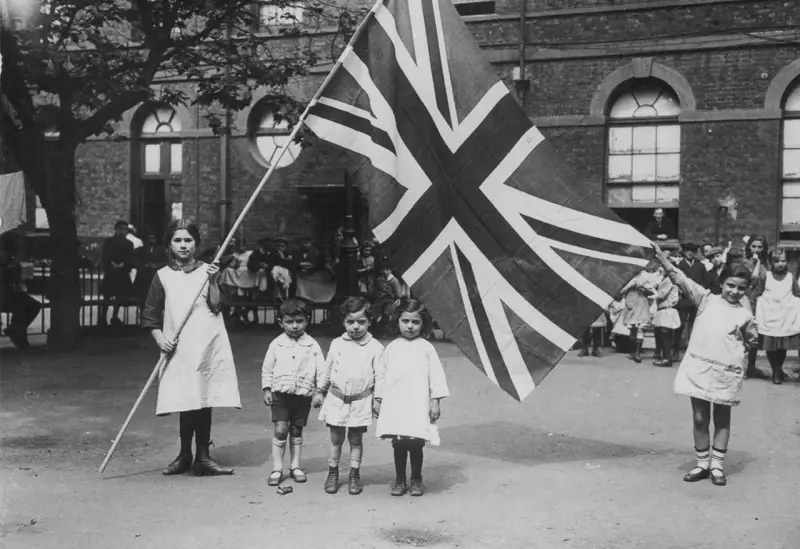How Great Britain coped with the food crisis during the First World War

After the outbreak of the First World War, the participating countries faced a serious problem in terms of food supply for the population. Most of the resources, as expected in wartime, worked for the front.
At the same time, the situation was seriously aggravated by the fact that the Entente countries did not properly prepare for this war. Even when it began, at least in France and Great Britain they believed that the confrontation would not last long and would end in their victory.
Moreover, despite the fact that France suffered more from the fighting than Britain, the food crisis hit the United Kingdom much more significantly.
Actually, this is not surprising. The island nation of Great Britain has always been heavily dependent on external supplies, which were disrupted during the First World War. In particular, England depended on food imports, especially fats and meat, from Brazil, Argentina, Australia and New Zealand. In addition, the British were forced to import feed for their cows and import vegetables.
As the war dragged on, public pressure and moral agreement to fix food prices became less effective. As a result, Great Britain, which had been a world leader in free enterprise and private trade, was faced with the need for government intervention in regulating prices and food distribution.
Moreover, the war turned out to be an unprofitable business for industrialists, since it disrupts the usual chains and forecasting of demand. Private capital refused to invest in agriculture due to the uncertainty of the prospects.
Ultimately, the British authorities had to take measures that were unpopular for the British, which, however, in the long run made it possible to avoid famine and social catastrophe in the country.
In particular, Britain began to attract women into agriculture to expand food production and increase the labor force, which was in short supply due to the conscription of men into the army. In turn, food was declared the number two strategic priority after the production of shells.
Another effective method was the introduction of laws to regulate farming activities, since moral influence practically ceased to work during the war. As a result, it came to the point that in order to slaughter livestock, the farmer had to obtain a separate permit. To extradite the latter, priests were brought in, who began to play the role of minor officials, regulating the slaughter of livestock and the sale of meat.
At the same time, it was extremely difficult for farmers to hide something from the state apparatus. Police functions were entrusted to the citizens themselves, which became the reason for widespread “informing.”
City residents began to grow vegetables in flower beds and local areas in order to reduce logistics costs and provide themselves with fresh food. At the same time, strict economy of resources, including food, was introduced.
Finally, the notorious British black humor at literally all levels became widespread in England during the First World War. This is how the inhabitants of Foggy Albion coped with the colossal moral pressure caused by the global conflict.
Information